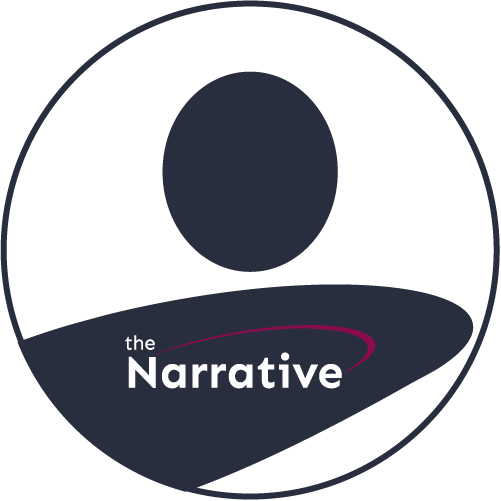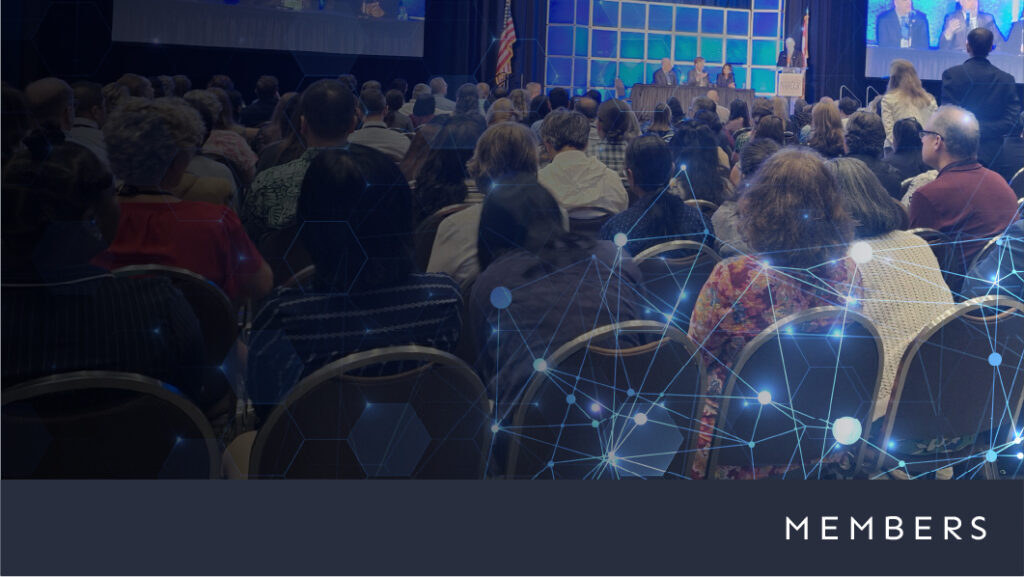Advocacy vs. Lobbying: Implications for Government Agencies and Central Cancer Registries

In the realm of public health, distinguishing between advocacy and lobbying is crucial, especially for government agencies and organizations like central cancer registries that often rely on federal funding. Understanding the difference can ensure compliance with legal restrictions while still actively promoting public health initiatives. This article explores the key differences between advocacy and lobbying, how federal grants impact these activities, and what it means for central cancer registries.
Understanding Advocacy and Lobbying
At the core, advocacy and lobbying both involve influencing decision-making processes, but they differ significantly in how they engage with the public and government officials.
- Advocacy is a broad term that encompasses activities aimed at promoting awareness, education, and policy changes to improve public health. Advocacy can include coalition building among government, nonprofit organizations, and private sector stakeholders to discuss issues, share ideas, and highlight best practices. Importantly, advocacy does not involve a direct attempt to influence specific legislation.
- Lobbying, on the other hand, specifically refers to activities designed to influence legislation. This could be through direct communication with government officials (direct lobbying) or through encouraging the public to take action on specific legislation (grassroots lobbying). Lobbying typically reflects a point of view on specific legislation, aiming to persuade decision-makers to support or oppose a particular policy.
Who Can Advocate or Lobby?
Government agencies, like central cancer registries, must navigate strict rules governing lobbying activities, particularly when they receive federal funding. Federal law restricts the use of grant funds for lobbying. This means that while federal grant recipients can engage in advocacy, they are prohibited from using grant money to lobby government officials or influence legislation.
For example, a state health agency or a central cancer registry can share evidence-based information about cancer trends and health risks, educate the public, and propose policy solutions. However, they cannot use federal funds to directly lobby legislators to pass a specific law related to cancer prevention. This restriction is critical to ensure compliance with federal grant requirements.
Types of Lobbying
Lobbying can take two main forms:
- Direct Lobbying: Direct communication with government officials aimed at influencing specific legislation. For example, meeting with a senator to express support for a bill that funds cancer research is considered direct lobbying.
- Grassroots Lobbying: Encouraging the general public to take action, such as writing letters or making phone calls to legislators, to influence specific legislation. A central cancer registry calling on the public to contact their representatives about a cancer funding bill would be considered grassroots lobbying.
What is NOT Considered Lobbying?
Not all communication with government officials or the public falls under lobbying. Some activities that are permissible, even for grant-funded entities, include:
- Coalition building among various stakeholders to discuss public health problems and share ideas.
- Sharing best practices or success stories without a call to action.
- Educating the public about health risks and potential policy solutions, without advocating for specific legislation.
- Engaging with policymakers and legislators through non-partisan, evidence-based discussions that allow them to form their own conclusions.
For instance, a central cancer registry can present data on cancer incidence rates to policymakers or host site visits for legislators to deepen their understanding of public health challenges. These activities inform rather than influence specific legislative outcomes.
Federal Grants and Lobbying Restrictions
When it comes to federal grants, recipients must be vigilant about the use of funds. Federal law prohibits lobbying with grant funds, so any direct attempts to influence legislation with these funds can result in penalties or the loss of future grants. This means central cancer registries, which often rely on federal grants for operational support, must ensure that any lobbying efforts are funded through non-federal sources.
Exceptions and Allowable Activities
There are exceptions to the lobbying restrictions for federal grantees. For instance, responding to a formal written request from a legislative body, such as providing testimony or information to a committee, is permissible. In addition, participation in administrative or policy-making processes within the same level of government, such as a health agency discussing policy changes with a governor’s office, is allowed.
Central cancer registries can also engage in several allowable activities, including:
- Educating the public about the risks of cancer and potential legislative solutions without advocating for a specific law.
- Engaging with the private sector to encourage voluntary changes in institutional practices related to public health.
- Working with decision-makers on non-legislative solutions, such as improving data collection systems.
Questions to Consider
When engaging in advocacy or lobbying, government agencies and public health entities like central cancer registries should ask themselves the following questions:
- Does the funding we receive include restrictions on lobbying?
- What advocacy activities can we engage in that do not constitute lobbying?
- Are there specific laws or rules that govern our lobbying efforts?
- Are there state or local laws that further restrict lobbying?
Government employees should always check their agency’s policies, ethics codes and regulatory procedures before embarking on advocacy activities to make sure any actions comply with all rules.
It is also valuable to work with your government relations manager, legislative aide or legal department who may help guide you on the best strategies for a successful advocacy campaign.
Impact on Central Cancer Registries
For central cancer registries, which play a vital role in collecting data to track cancer trends and outcomes, the distinction between advocacy and lobbying is important. They are positioned to advocate for public health improvements by educating lawmakers and the public about cancer trends, the effectiveness of prevention programs, and the need for robust cancer control policies. However, when federal funds are involved, they must be careful to avoid direct lobbying activities.
By focusing on evidence-based advocacy, central cancer registries can promote policy change without engaging in prohibited lobbying. This might include producing reports on cancer incidence, presenting model ordinances to local governments, or offering toolkits for improving cancer prevention efforts.
Conclusion
Understanding the difference between advocacy and lobbying is essential for government agencies and entities like central cancer registries. While advocacy allows for the promotion of public health and education without influencing specific legislation, lobbying involves a direct attempt to shape laws. For agencies that rely on federal funding, avoiding lobbying with grant funds is a critical legal requirement. By engaging in permissible advocacy activities, central cancer registries can continue to support public health goals while remaining compliant with federal regulations.
Public Health Advocacy Resources
- Public Health Advocacy (apha.org)
- power_of_advocacy.pdf (apha.org)
- Public health practitioners as policy advocates: skills, attributes and development needs – PMC (nih.gov)
- Shifting the Culture Around Public Health Advocacy: Training Future Public Health Professionals to Be Effective Agents of Change – Sarah R. Blenner, Cathy M. Lang, Michael L. Prelip, 2017 (sagepub.com)
- State Fact Sheets (apha.org)
- Public Health Advocates: We change laws and expand possibilities – Public Health Advocates (phadvocates.org)
- NAACCR Advocacy & Legislative Toolkits
- Strengthen-laws-and-regs.pdf (naaccr.org)
- Understanding-regs.pdf (naaccr.org)
Tags: Advocacy, Featured, lobbying, public health outreach
What to Read Next
CDC’s Work to Transform Childhood Cancer Case Reporting
The Centers for Disease Control and Prevention (CDC) is working on an ambitious initiative to increase the speed and accuracy…
Upcoming Nominations: 2025 NAACCR Board of Directors Positions
The Committee is seeking nominees to run for election to four key leadership roles on the NAACCR Board of Directors,…
My Life in the Cancer Surveillance Community
Like many individuals, I happened to stumble into the cancer registry profession. I was a college student, looking for part-time…





